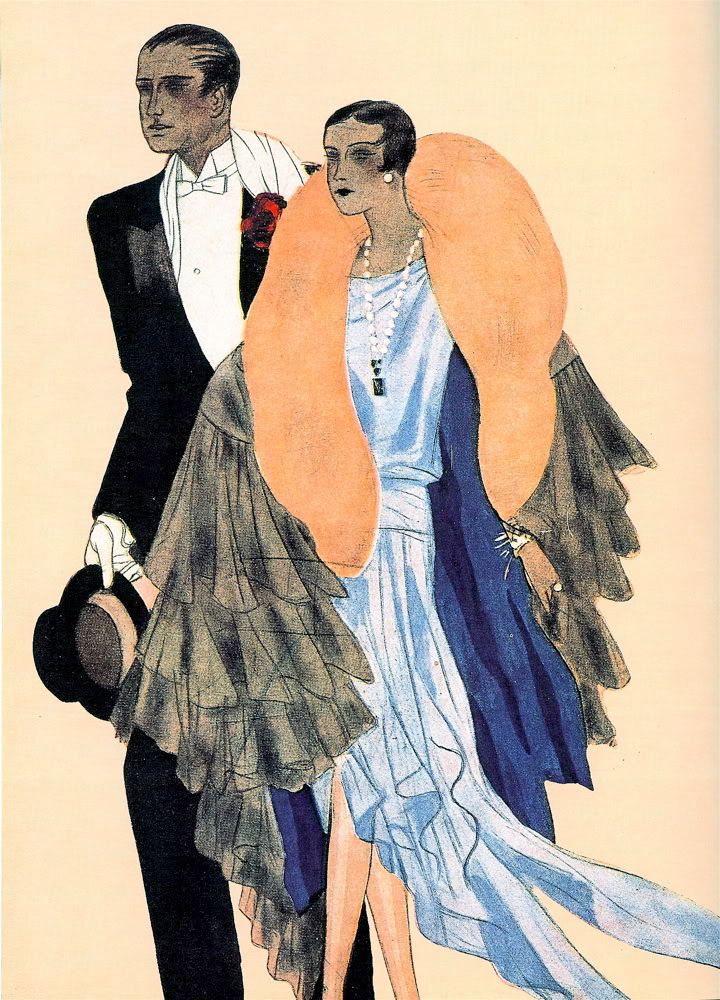She sang like a lark, apparently just enjoying the quiet morning air, and I loitered just inside the square to listen, waiting until her song wwas finished before crossing to greet her. I suppose I should not have been surprised to learn that she was the oldest daughter of Herr Grüneberg; that her family had lived in Bad Sobernheim for five generations becoming one of the wealthiest farming families. In the hope of learning more I invited Traudi and her father to share breakfast with me in the tavern and over the meal, I learned more about the hazards of den Weg des heiligen Jakobus.
The first hazard as you climb into the Pyrenean mountains, so Sigismund tells me, is the packs of wolves in the high forests which prey on lone pilgrims, and it was because of these that the hôpital at Roncesvalles was established. And it wasn't so long ago, that the souls of pilgrims were at risk from the pernicious teachings of the Cathar heretics who sought refuge in the mountains.
On the east of Lorca is the bitter river the local people call the Salado. There are wicked men who wait beside the river for unsuspecting pilgrims and encourage them to water their horses there. When the horses fall dead, these rogues skin them before their carcases have even cooled!
 Once you pass over the mountains into Spain, do not eat their beef, pork, shad, eel or tench for they will almost certainly make you sick. (Spanish tummy? I wondered that such a thing has been known for such a long time) The Porma and the Sil are good rivers of sweet water, flowing through verdant and pleasant lands. A few miles from Santiago our party halted and we bathed in the waters of the Miño, a river surely blessed by God, stripping off even our underclothes.
Once you pass over the mountains into Spain, do not eat their beef, pork, shad, eel or tench for they will almost certainly make you sick. (Spanish tummy? I wondered that such a thing has been known for such a long time) The Porma and the Sil are good rivers of sweet water, flowing through verdant and pleasant lands. A few miles from Santiago our party halted and we bathed in the waters of the Miño, a river surely blessed by God, stripping off even our underclothes.Sigismund was so keen to tell me of the adventures they had been through, and the things they had learned along the road that our meal was done before ever I had a chance to ask Traudi about the song she was singing earlier. Before the poor girl had a chance to utter a word Sigismund told me with a note of pride in his voice that she had learned the song as a pupil, one of the few females admitted to the school run by the Benedictines at Disibodenberg.
References


The written content of this work is licensed under a Creative Commons Attribution-Noncommercial-Share Alike 3.0 Unported License.
















 When the
When the 









